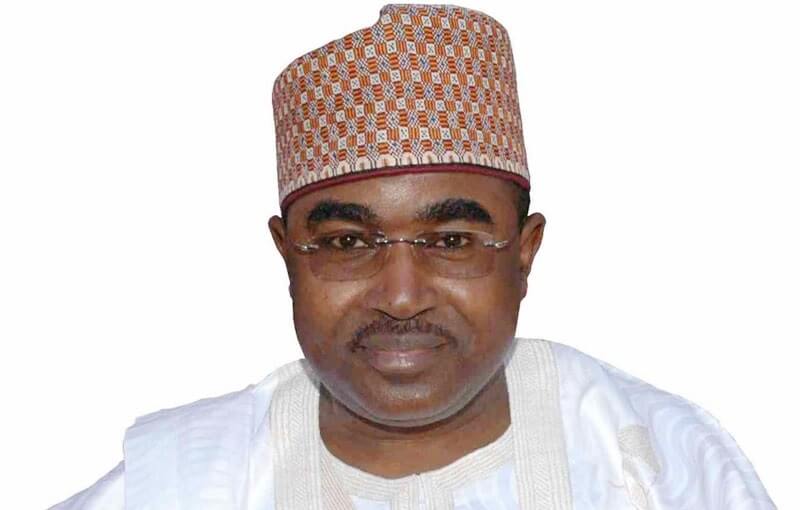How NDLEA Seized Over 3.4 Million Kilogrammes Of Illicit Drugs In Last One Year
The National Drug Law Enforcement Agency (NDLEA) has seized over 3.4 million kilogrammes of assorted illicit drugs across the country in the last one year, according to Femi Babafemi, spokesman of the agency.
Within the same period, the agency had also arrested 12,306 drug traffickers and secured about 1400 convictions while 1,502 cases are still ongoing in the courts.
Advertisement
Babafemi made the disclosures when he represented the Chief Executive Officer of the agency, Gen Buba Marwa, at THE WHISTLER Forum on Friday.
It was no doubt the biggest seizure in the history of the agency and Babafemi was asked to explain how the narcotic agency, long believed to harbor corrupt operatives who work in cohort with drug dealers, was able to pull it off.
The NDLEA spokesman attributed the feat to the passion of the chairman of the agency about the drug war and how he was able to motivate the operatives.
He said, “I will tell you between January 18, 2021, when he assumed duty as the Chairman, Chief Executive of the agency and now, if you look at the workforce of the agency, nothing has changed so much. The bulk of whatever we may refer to as a success story of the NDLEA today, the bulk of that happened within that last year and the deed was actually done by the same set of the staff here he met on ground.
Advertisement
“Now what did he do differently? First, he identified some of the issues on the ground [and] one of them mainly is low morale of the workforce.
“So, when he came in he saw that he needed the workforce to do the work. So, he had to, first of all, address the issues affecting the officers and men of the agency and like I told you what was responsible for the low morale is that quite a number of them have spent 5-15 years and up to 20 years on one single rank.
“A number of them had issues with their rank regularization. Then a number of them were owed allowances, and there was no promotion; even those who died in the line of duty the basic thing that ought to be done for them like payment of burial expenses were owed for upward of 14 years thereabout. So, all those when you put them together affected the morale of the officers.
“So, when he came they were the first set of things he took head on. Soon after he took over, we had the promotion of 3,506 officers and men, and that changed the perception of the staff. Then apart from the promotion, he also met with the president and got the president’s intervention to pay off the families of 188 officers and men who died in the line of duty. They had been owed since 2014 for their burial expenses and other entitlements, but they were immediately paid after the president intervened.”
He said other motivating factors include structural changes the chairman made at the agency to make operatives more proactive.
Advertisement
“He created new directorates, restructured old directorates then expanded the commands with the creation of 14 zonal commands and that created space for moving upward. So, he changed the operational strategy of the agency.
“When he came in, he came with the maxim of ‘Offensive Action’. Offensive action means that the agency will have to be going forwards proactive; will no longer have to wait till drug barons or the cartels move the drugs in front of their offices before they do something, but you’re taking the war to their doorsteps; wherever they are, whether in the forest, on the street, at the border post, and that changed the entire thing because from that very moment, it was one arrest after the other,” he explained.
On recent attacks against operatives of the agency, Babafemi said it would not dampen the morale of officers as the agency was working to strengthen the operational capacity and capability of the agency.
He revealed that an elite corps of officers called the “Strike Force” is being trained to handle heavy arms and carry out special operations similar to what Special Forces in the military and other security agencies do.
“Those in that particular unit had been going to the Nigerian Army School of infantry in Jaji, and just last week about 650 of them graduated, and that will be the second in one year,” he revealed, adding that “If you see them, they are usually in black on black with Strike Force symbol, and they handle submachine guns and some other heavy guns.”
He also disclosed plans to construct a barracks for officers and men to give them more protection.
Advertisement
Wath Out For Full Interview On Monday



